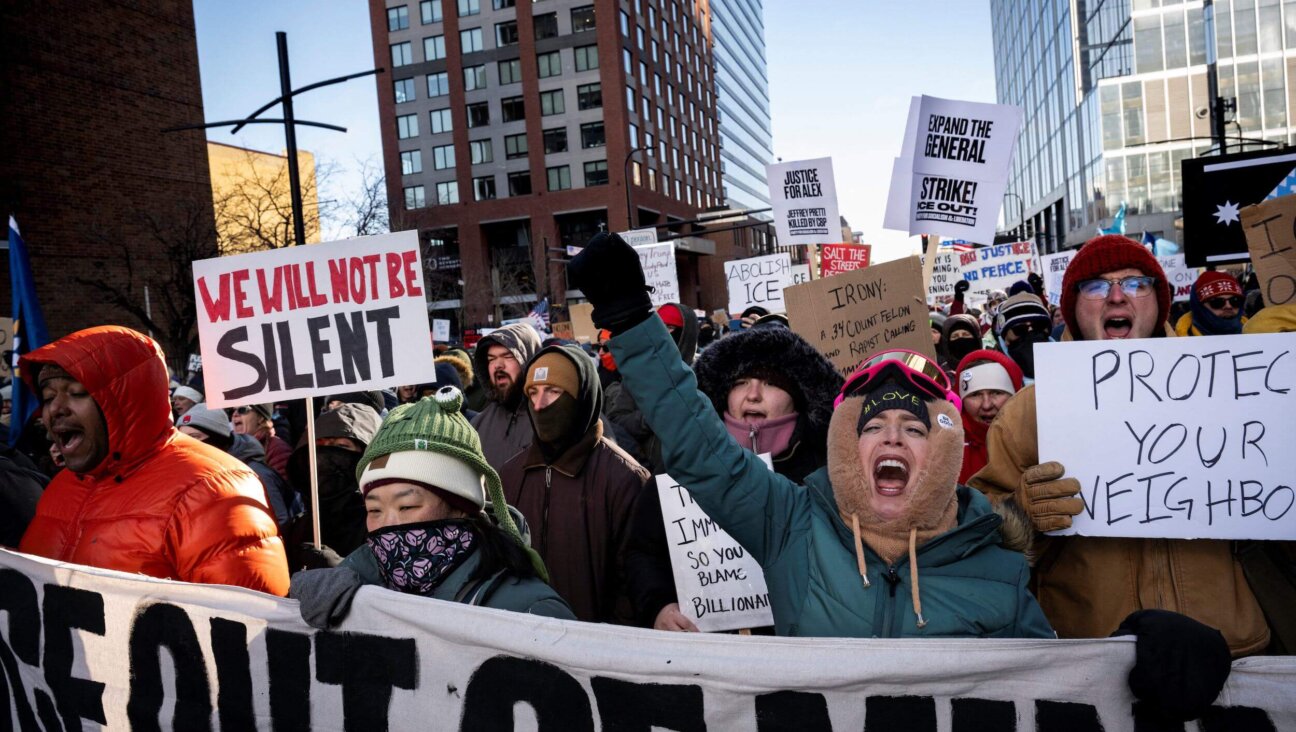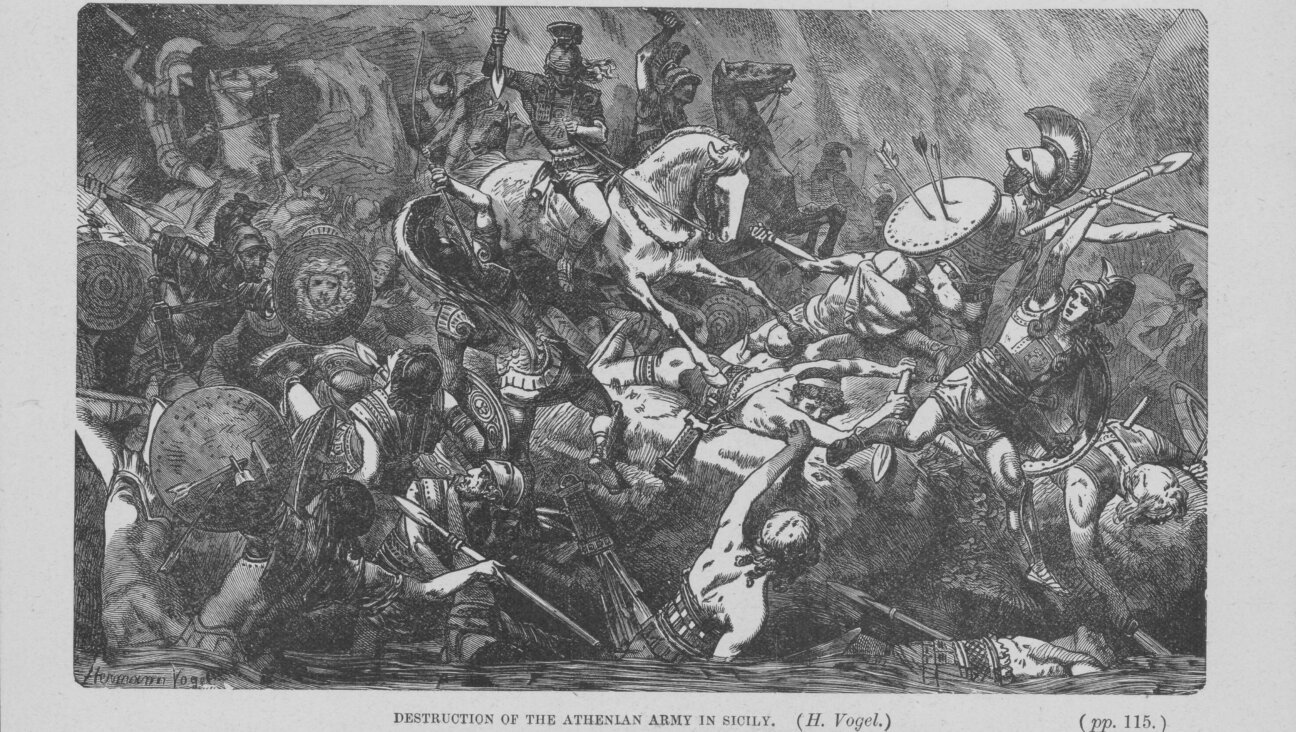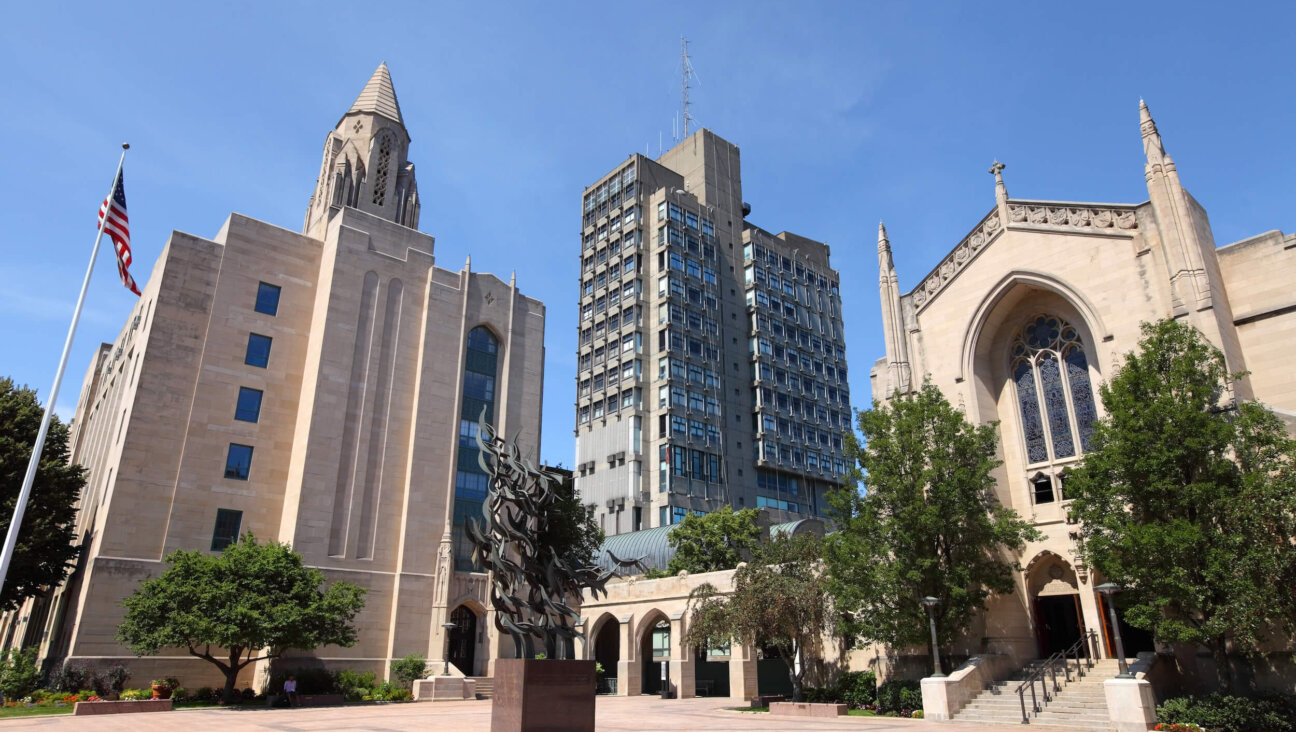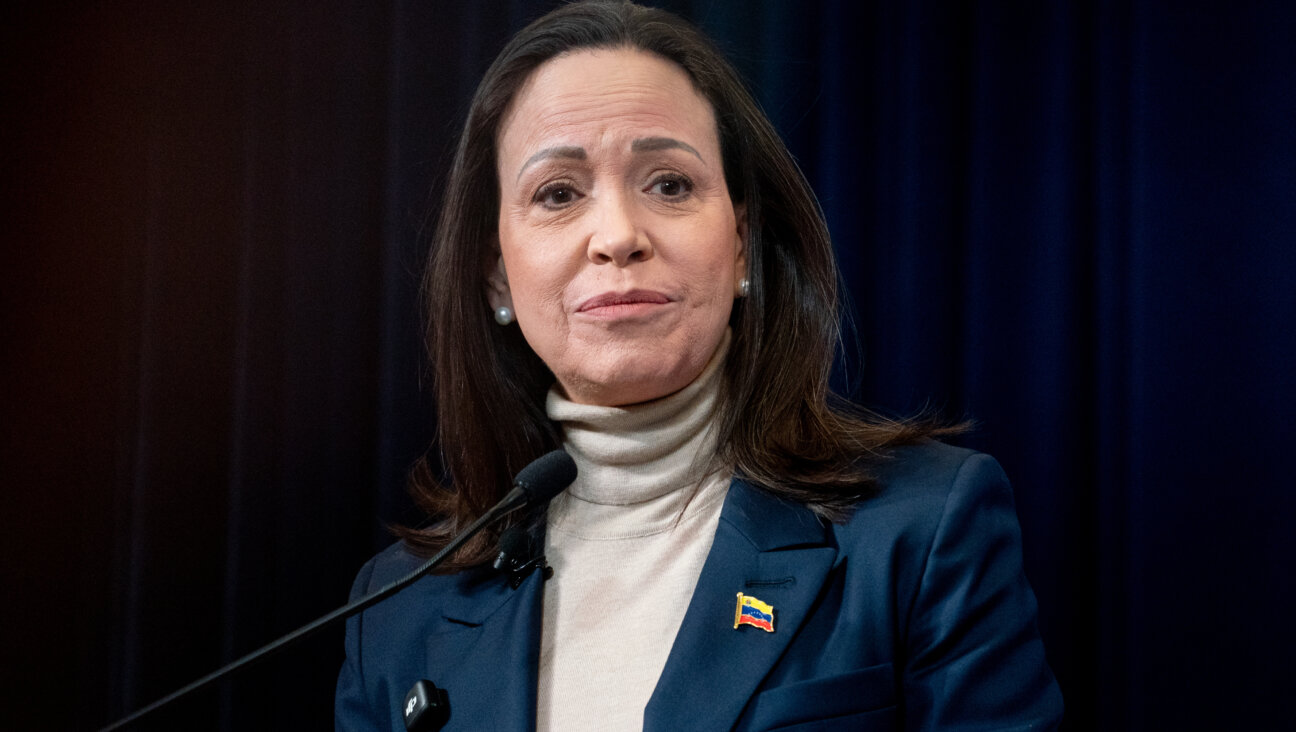The Bank and the Fence
A new report by the World Bank suggests that the separation fence going up between Israel and the West Bank will, when completed, leave some 95,000 Palestinians cut off on the Israeli side. Another 20,000 or so will be inconveniently cut off from their agricultural lands, forced to go through a fence to get to work. The message — echoing similar complaints in recent months by British, French, Palestinian and other critics — is that the fence is an abuse of Palestinian human rights.
The complaint seems almost comical at first glance. It’s not uncommon for major public works projects to inconvenience some innocents. The cost must be weighed against the project’s larger good. Thousands of New York families lost their homes when the Cross-Bronx Expressway was constructed in the 1960s, but nobody called in the United Nations. The displaced families licked their wounds and moved on. Palestinians inconvenienced by the fence might be expected to do the same, but for the fact that they and their allies seem uninterested in the project’s fundamental goal: preventing Palestinian terrorists from killing Israelis.
No, the real scandal here is a statistic mentioned in the report as a casual aside: that after nearly three years of nonstop violence, close to 800 Israeli lives lost and countless urgent appeals for a fence by every one of Israel’s security agencies, only eight miles of barrier have been completed. Some day, when sanity returns, someone in Israel should be held to account.














